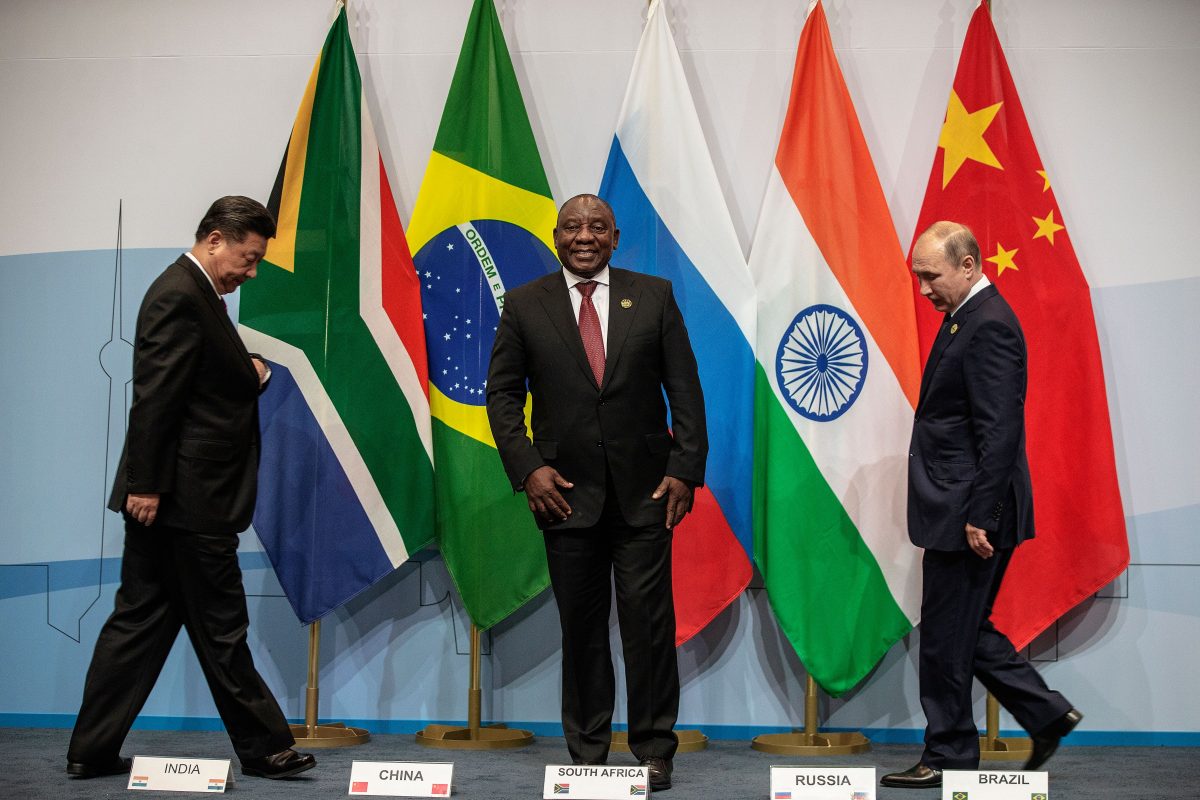South African President Cyril Ramaphosa is set to engage in discussions with Chinese leader Xi Jinping as the government of Pretoria contemplates a potential change in the venue for an upcoming BRICS summit. The motive behind this consideration is to avoid the implementation of an international arrest warrant for Russian President Vladimir Putin, should he decide to attend the summit. Meanwhile, Ukrainian Foreign Minister Dmytro Kuleba has outlined his country’s strategy to counter Russia’s growing influence in Africa, which includes plans to establish 10 new embassies on the continent, starting with Rwanda and Mozambique.
President Ramaphosa’s upcoming talks with Chinese leader Xi Jinping carry significant implications for the BRICS (Brazil, Russia, India, China, South Africa) group of countries. As the host of the forthcoming summit, South Africa is facing a complex dilemma concerning the potential attendance of Russian President Vladimir Putin. To navigate this situation, discussions are underway to explore the possibility of changing the summit’s venue, aiming to prevent the execution of an international arrest warrant against President Putin. The outcome of these talks will have a bearing on the future of BRICS cooperation and the dynamics within the group.
In a parallel development, Ukrainian Foreign Minister Dmytro Kuleba has unveiled his country’s strategic plan to counter Russia’s expanding influence in Africa. Recognising Africa’s growing geopolitical significance, Ukraine aims to establish 10 new embassies across the continent. This initiative seeks to strengthen Ukraine’s diplomatic presence and forge closer ties with African nations. The opening of embassies in Rwanda and Mozambique marks the initial steps in this comprehensive strategy, which aims to enhance cooperation and engage with African partners on various political, economic, and cultural fronts.
The discussions between President Ramaphosa and President Xi Jinping hold broader implications for South Africa’s foreign policy and its role within the BRICS framework. As a major player in both BRICS and the African continent, South Africa’s decisions can shape the trajectory of regional and global dynamics. The potential shift in the summit’s venue reflects the delicate balance Pretoria is seeking to maintain while upholding international obligations and considering political sensitivities.
Simultaneously, Ukraine’s proactive approach in countering Russia’s influence in Africa underscores the increasing competition for partnerships and alliances on the continent. By establishing new embassies, Ukraine aims to bolster its presence and expand its diplomatic reach, strengthening ties with African nations and advancing its strategic objectives. This move is part of a broader effort to diversify Ukraine’s international relations and build mutually beneficial partnerships that contribute to its political, economic, and security interests.
The developments surrounding the BRICS summit and Ukraine’s African strategy highlight the complex and interconnected nature of global politics. South Africa’s diplomatic considerations, coupled with Ukraine’s proactive approach, underscore the evolving dynamics of international relations. As these events unfold, the outcomes will not only shape the future of BRICS cooperation but also influence the geopolitical landscape in Africa and beyond.

